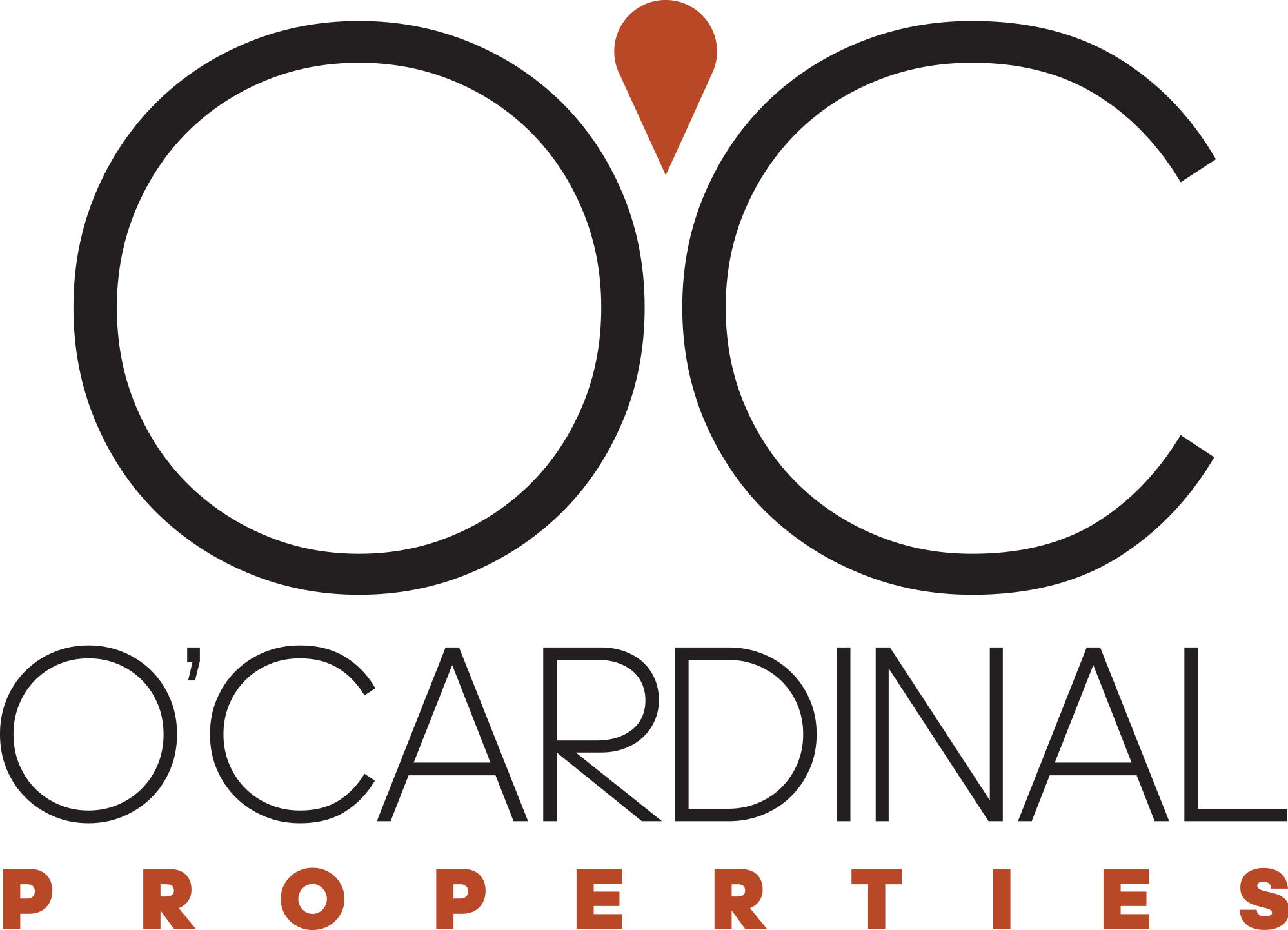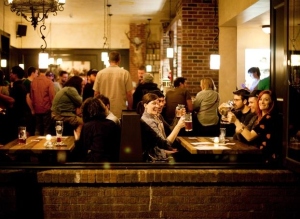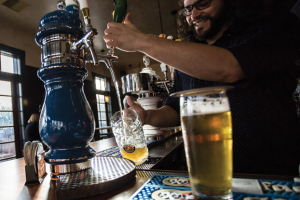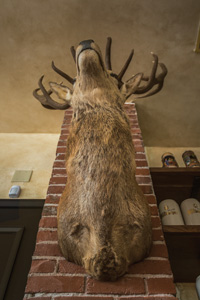Published by Willamette Week
An authentic German bier bar in Kerns.
When it was time to buy toothpicks, Dan Hart wasn’t about to start taking shortcuts.
Hart had been eyeing the Kerns space where Stammtisch now sits for five years—it’s originally where he wanted to put Prost, his always-jammed German beer bar that went on to become a Mississippi Avenue institution. Instead, the space became Cafe 401, which lasted a few months under notorious Clarklewis chef Morgan Brownlow, then became another German pub, Spints Alehouse.
When the space came open again, Hart took it. Rather than opening a second location of Prost, he upped the ante. Stammtisch is even more slavishly dedicated to the German bierkeller experience—more German-made beers shipped through the Panama Canal and served in their native glassware, little-known Bavarian schnapps specially ordered through the Oregon Liquor Control Commission and a food menu that goes far beyond sausages and pretzels. The result is a deeply comforting bar that pairs a sense of discovery with an uncanny assemblage of familiar faces in a room that glows like a centuries-old lagerhaus.
Now, we name Stammtisch our 2015 Bar of the Year.
To understand how Hart came to own one of the city’s best and most ambitious bars, start with his ownership of one of the most successful.
Hart is originally from Eugene, the fourth child of two physical education teachers, a former semi-pro skier who skipped college to move to Lake Tahoe where he rode big-mountain freestyle alongside the late, great Shane McConkey. After he moved back to Eugene, he became a regular at the beloved campus watering hole, Rennie’s Landing, then started tending bar there.
In 2007, Hart moved to Portland, and started Prost two years later. The food cart scene was just starting to heat up, and after he’d signed his lease, Hart learned that a cart pod was going in next door. Rather than battle for food sales, Hart took a gamble few bar owners would: He opened his doors to carry-in food.
“I just said, ‘Why not? Fuck it.’ I know not everyone wants to eat bratwurst and sauerkraut every day—if four people come in, one wants Mexican, one wants pizza…,” he says. “People were like, ‘Wait, what do you mean you can take food cart food into a bar?’ But it took off. So I’m a longtime bartender who opens my own bar, and within a month I’m giving an interview to the L.A. Times.”
In other areas, however, there was no room for compromise. Every tap pours German-brewed bier.
“People thought I was crazy: ’You’re going to have at least one IPA and PBR on tap, right?’ No, we’re going to stand by what we do.”
It worked—almost too well. Ask around about Prost, and the main complaint you’re likely to hear is that it’s too packed with Beavertrons who hop out of a limo and plunk down the $50 deposit for a 2-liter boot of Bitburger, split it and then split.
“At its core, it’s still a neighborhood spot, and I don’t mind getting the bridge-and-tunnel crowd,” Hart says. “They might look a certain way, talk a certain way, but they’re extremely respectful of what we do, and we’re not doing shot specials and Jägerbombs. We’re stoked to have them.”
Not so stoked that he wanted to open a second one, though. That’s the business model in Portland, where there’s a spinoff of seemingly every hit—see Little Big Burger, Bollywood Theater, Salt & Straw, Blue Star Donuts, Stumptown Coffee. “People ask me all the time,” says Hart. “‘Why not open a spot on the westside?’ Sure, it would have been very busy and made a lot of money, but that’s not what I wanted to do.”
Stammtisch is a more refined version of Prost, with everything that works so well on Mississippi in a better room, with better food and a better crowd. Maybe it’s got something to do with his skiing days, but the airy but warm 78-seat bar feels like a miniature Timberline Lodge. There are 18 taps, including a handful of beers specially imported and making their first appearance on the West Coast, such as Professor Fritz Briem Berliner Weisse and Leipziger Gose Doppelbock.
There isn’t much of a cocktail tradition in Germany, but Hart managed to develop a solid program, with every drink having at least one German spirit mixed in, many otherwise unseen in Oregon. The kitchen is manned by St. Jack veteran Graham Chaney and makes a stellar riesling-braised lake trout and a magnificent sausage plate.
Then there’s the currywurst. It’s the best version in town—pork-veal sausage, grilled and sliced, with a few extra-crispy french fries and a outrageously rich curry ketchup that I all but licked out of the paper serving boat on my first encounter. It’s served with the perfect toothpicks—two-pronged German skewers, purchased in a mass quantity of 20,000.
And they do have the 2-liter boots. You’ll have to put down a $50 deposit, and pay about $20 for the fill. Please, bring it back.
“Trust me, I don’t want your $50 deposit,” Hart says. “That’s just what they cost, and replacing them is a huge hassle.”



